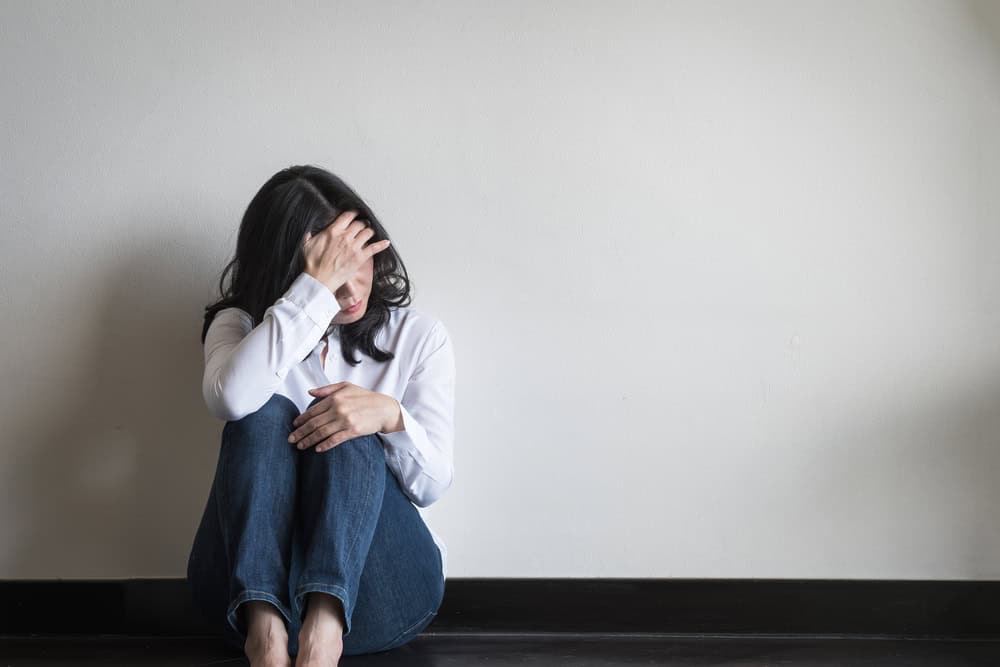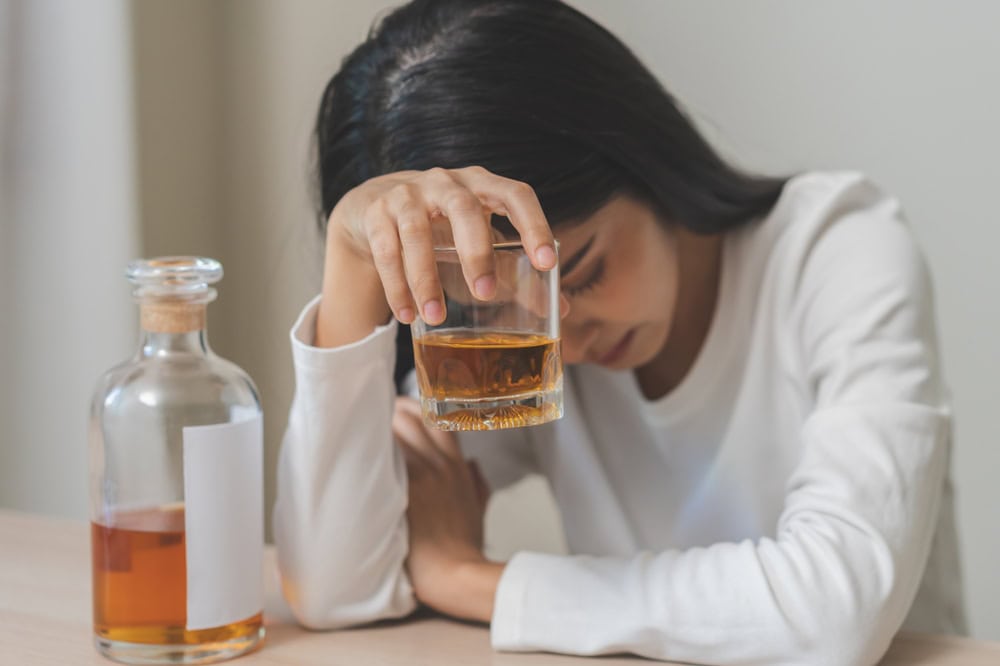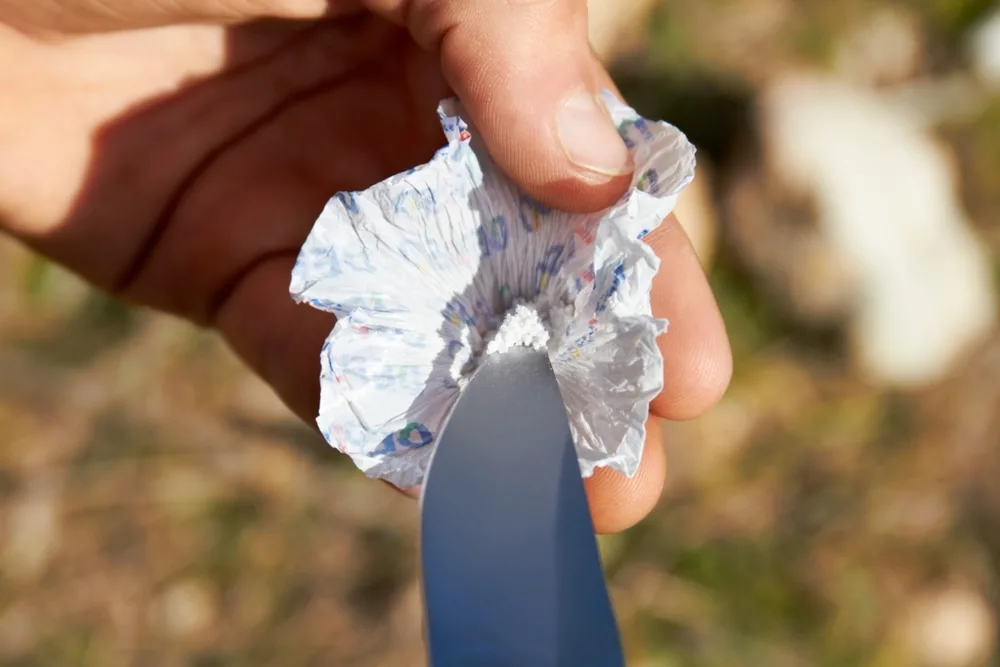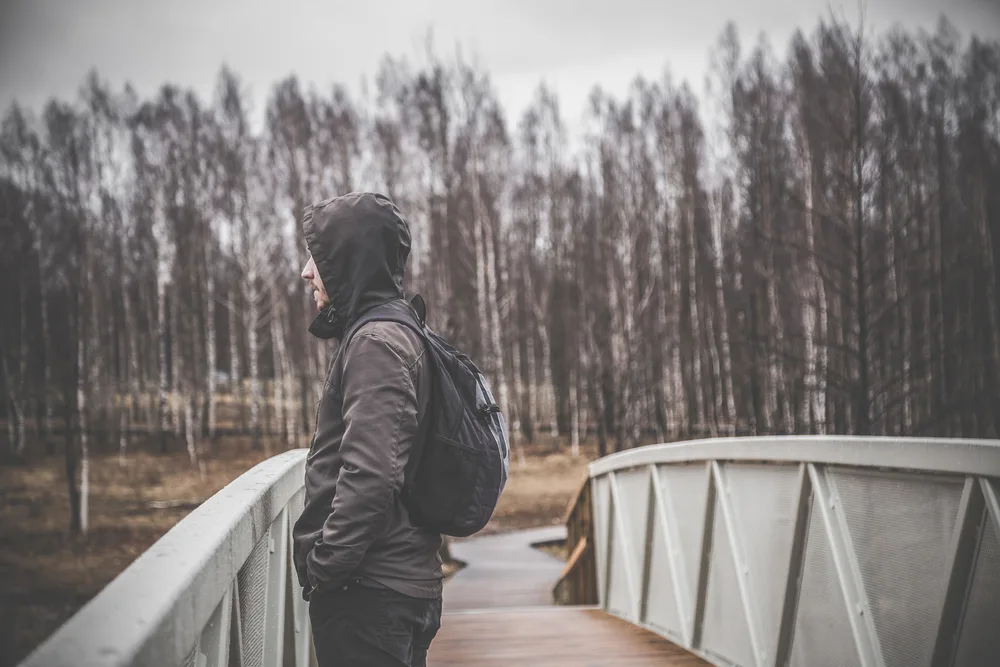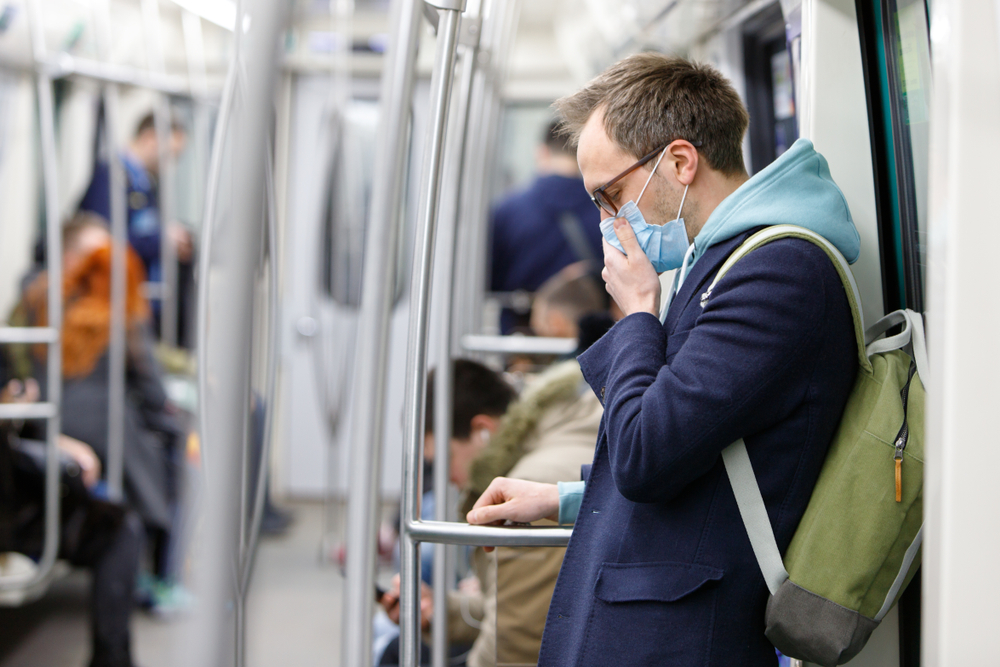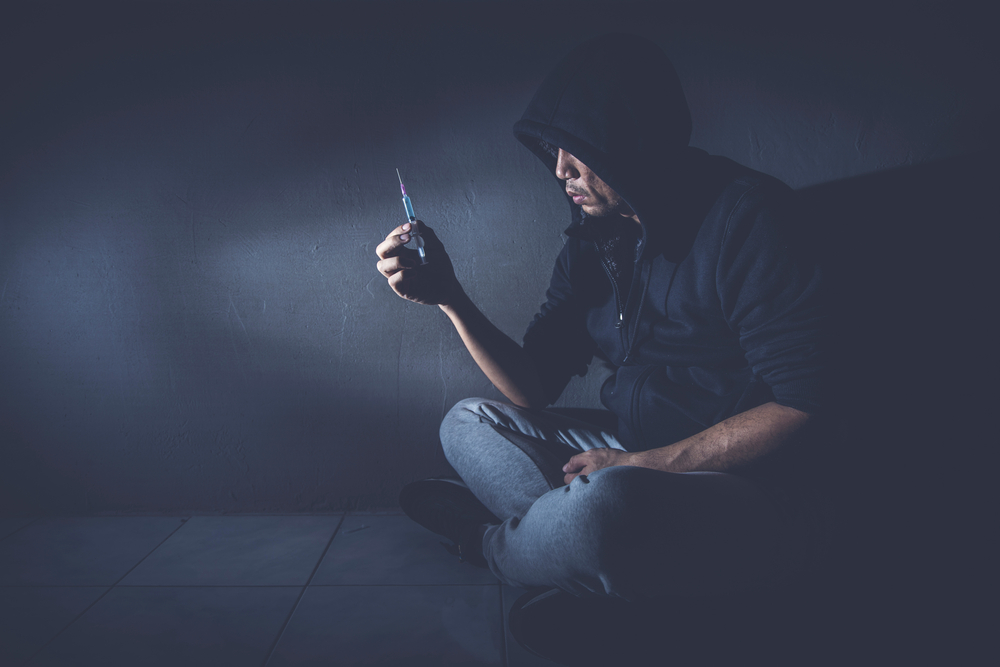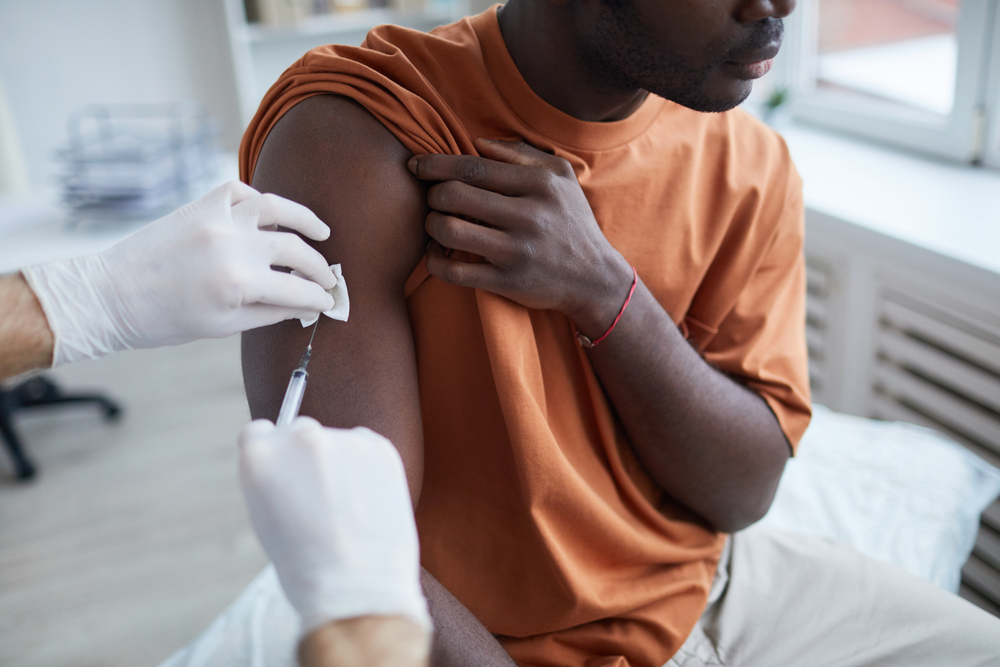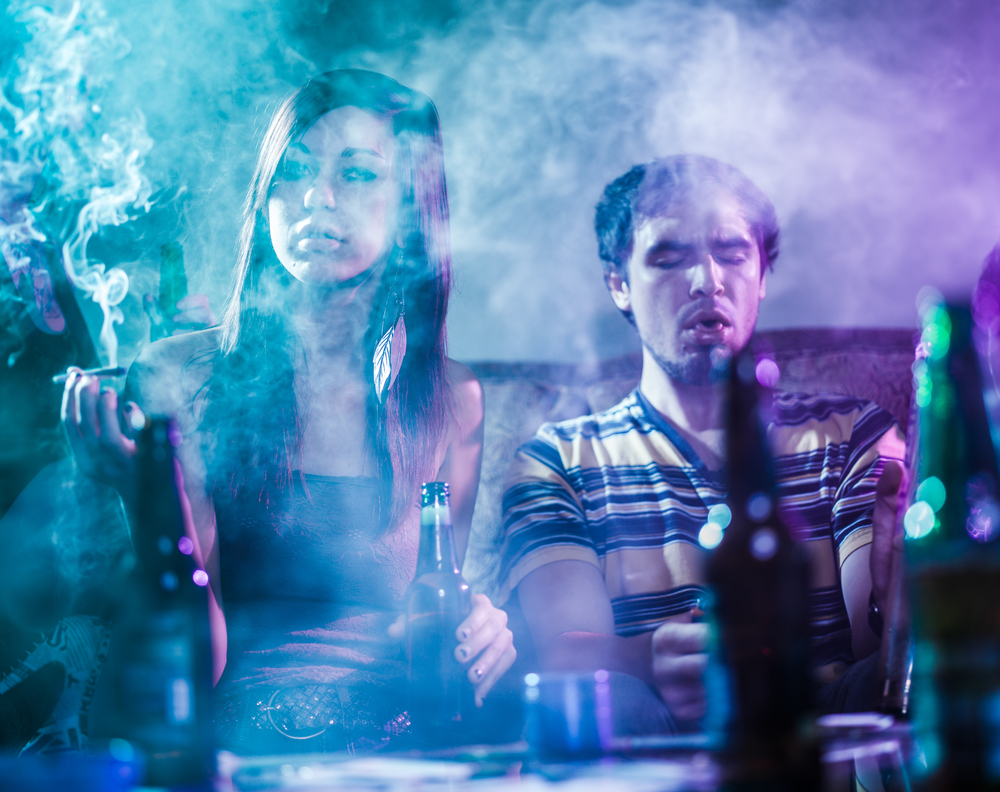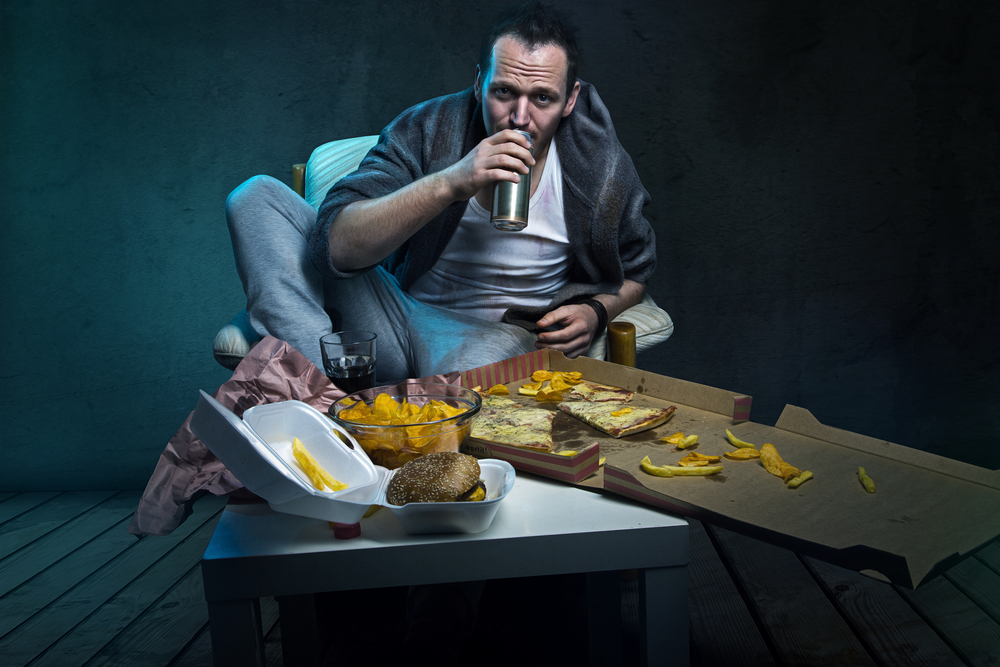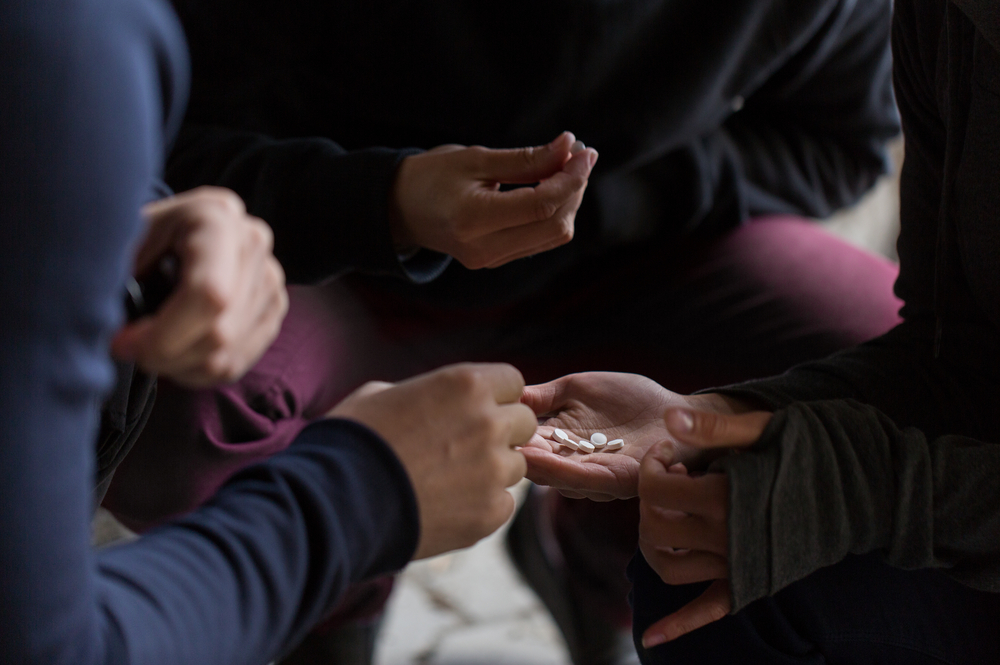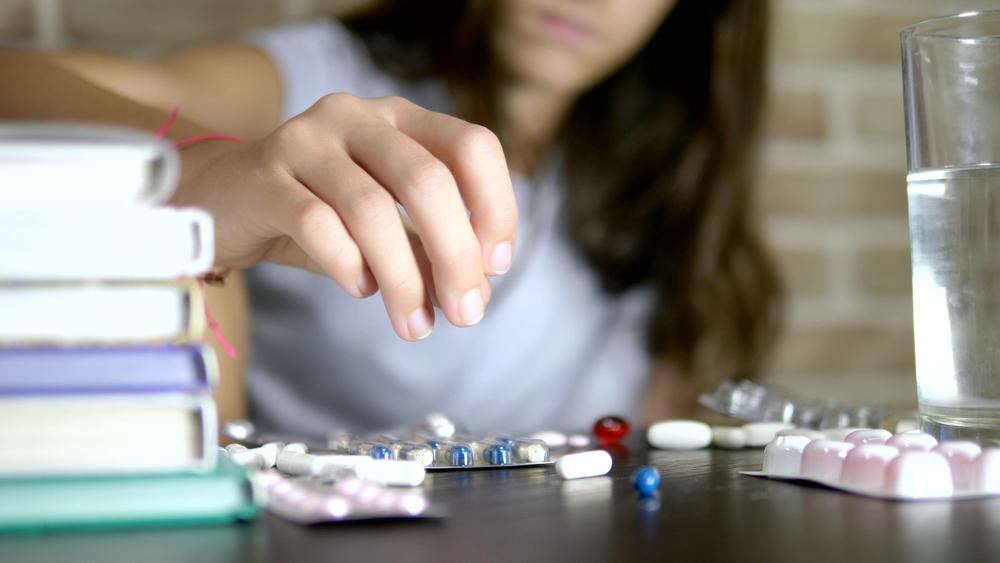Innovative Approaches: Using Ultrasound Technology for Addiction Recovery
In recent years, the health industry has embraced ultrasound technology. It's typically used for medical imaging to examine the inside of specific body parts. However, most health facilities are also using it to treat various psychiatric conditions like drug addiction.
This innovative use of high-frequency sound waves sheds new light on how we approach mental health and addiction recovery. From treating Alzheimer's disease to supporting those battling a substance use disorder, ultrasound technology is opening doors to new possibilities. Let's dive into the science behind this approach, its benefits, and the latest research highlighting its potential.
Before we discuss these therapeutic applications in depth, let's first understand what ultrasound technology is.
What Is Ultrasound Technology?
Traditionally, ultrasound is a medical imaging technique that creates images of the inside of the body using high-frequency sound waves. It's commonly used to monitor pregnancies, examine internal organs, and evaluate blood flow through blood vessels.
An ultrasound transducer sends sound waves into the body, bouncing back to create an image of soft tissue structures. Unlike CT scans and X-rays, ultrasound is minimally invasive and does not involve radiation, making it a safer option for most people.

How Ultrasound Works
So, how does ultrasound work in treating addiction and other mental health conditions? It works almost the same way as its imaging counterpart but with slight differences.
Therapeutic ultrasound uses focused sound waves to stimulate specific areas of the brain. This stimulation can bring about temporary changes in the brain without harm and has been found to boost neuroplasticity, which is basically the brain's ability to rewire itself. This development is important because it can help researchers discover new treatments for different disorders.
Potential Benefits of Ultrasound Therapy to Patients
The potential benefits of using ultrasound technology in addiction include:
- Non-invasive and safe: Unlike surgical interventions, ultrasound therapy is non-invasive, posing fewer risks and a shorter recovery time.
- Targeted treatment: The ability to precisely target specific brain areas makes this approach highly effective.
- Reduced side effects: Patients experience fewer side effects compared to traditional medication, which can sometimes be harsh and addictive.
- Better quality of life: By reducing cravings and improving mental health, patients can enjoy a better quality of life and a stronger support system through programs like Narcotics Anonymous.
The Effectiveness of Ultrasound in Improving Mental Health
One of the coolest things about this technology is how it can treat psychiatric ailments. Research has shown that ultrasound can help regulate the neural circuits in our brains that get all messed up when we're dealing with things like depression and anxiety.
By specifically targeting these circuits, ultrasound therapy can help restore our brains to normal and give hope to patients who haven't had much luck with traditional treatments.
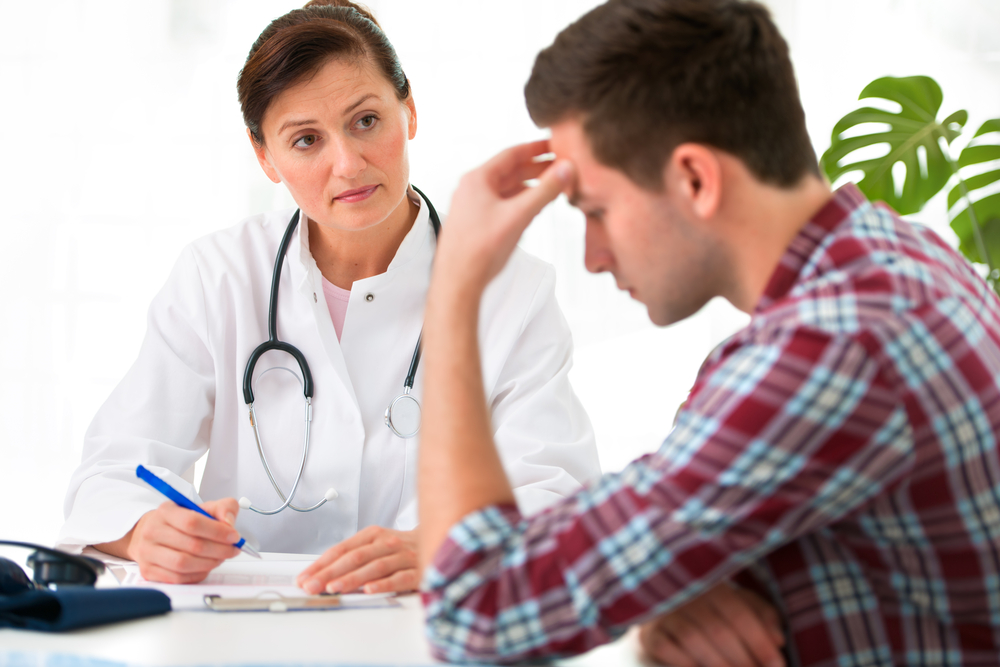
Ultrasound and Alzheimer's Disease
Regarding Alzheimer's disease, researchers are exploring the use of ultrasound technology to boost the delivery of medication straight to the brain. You see, the blood-brain barrier can be a real pain when it comes to treating neurological disorders because it blocks drugs from getting through to the brain.
But ultrasound can temporarily open up this barrier, allowing drugs to pass through. And guess what? Some early studies have shown really promising results! Patients have experienced improved cognitive function after receiving this treatment. So, it looks like ultrasound might be a game-changer in the fight against Alzheimer's.
Breakthrough Research in Addiction Recovery
Now, let's turn our attention to substance use disorder and addiction recovery. Addiction is a complex condition that affects the brain's reward system, making it extremely challenging to treat. Traditional methods like therapy and medication have varying success rates, and relapse is common. This is where ultrasound technology comes in as a new treatment option.
Clinical Trials and Case Studies
Recent breakthrough research has demonstrated the potential of ultrasound in addiction treatment. In one clinical trial, participants with a history of narcotic addiction underwent ultrasound therapy targeting specific brain regions associated with craving and withdrawal symptoms. The results were promising, showing a significant reduction in cravings and improved overall mental health.
Case studies further illustrate the effectiveness of this approach. One patient, who had struggled with addiction for over a decade, reported feeling less anxious and more in control after just a few sessions of ultrasound therapy. Their family members noticed a marked improvement in their behavior and mood, underscoring the treatment's potential to bring about positive change.
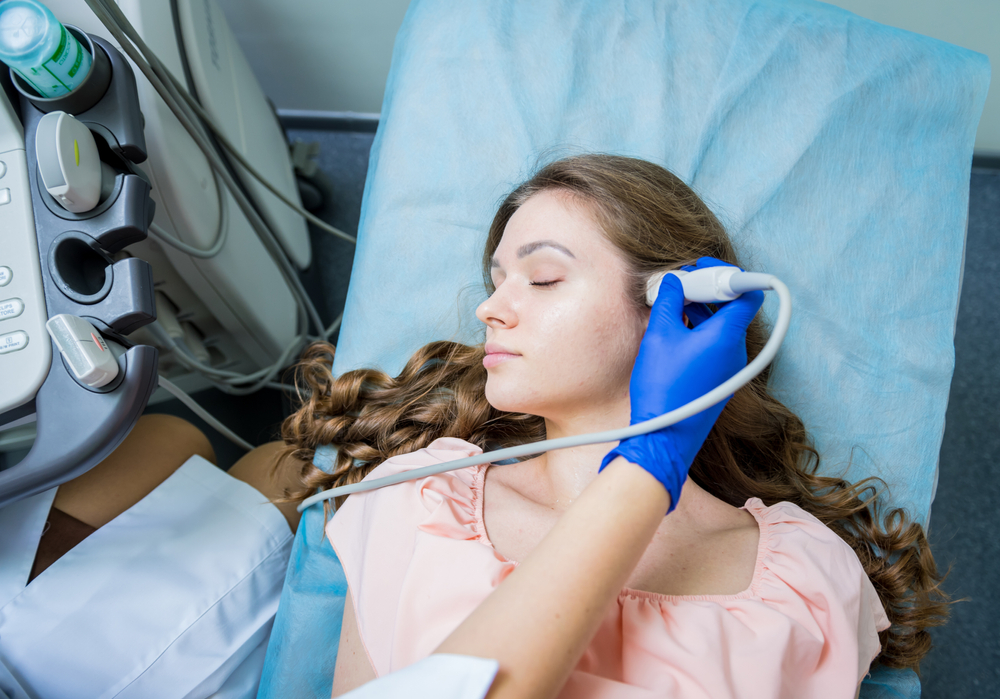
Recent Advances and Future Directions
As with any new treatment, continued research and clinical trials are crucial. The landscape of ultrasound technology in addiction recovery is rapidly evolving, with ongoing studies aimed at refining and optimizing this approach.
Hope in an Times of Addiction
In an era riddled with high addiction and mental health issues, the development of effective, non-invasive treatments is more important than ever. Ultrasound technology offers hope in era of tragedy, promising to transform how we approach these challenges.
Bridging the Gap
Organizations and healthcare providers are beginning to integrate ultrasound therapy into comprehensive treatment plans. Combining this innovative approach with traditional therapies allows patients to receive holistic care addressing the physical and psychological aspects of addiction.
Ultrasound and the Future
The journey of overcoming addiction is undoubtedly arduous, but advancements in ultrasound technology provide a glimmer of hope for those in need. As research progresses, it's exciting to imagine a future where ultrasound therapy becomes a standard part of addiction treatment protocols, potentially offering relief and recovery to millions.
Empowering Patients and Families
For those struggling with addiction and their families, the promise of new, effective treatments brings immense relief. Staying informed and hopeful is crucial, knowing that cutting-edge technology paves the way for better, more effective care.
The innovative use of ultrasound technology in addiction recovery is a testament to the power of scientific advancement. By harnessing the potential of high-frequency sound waves, we are not only improving mental health but also offering new avenues for those battling substance use disorders. As more research unfolds, ultrasound therapy is poised to become a mainstream treatment, transforming lives and providing a brighter future for many.
